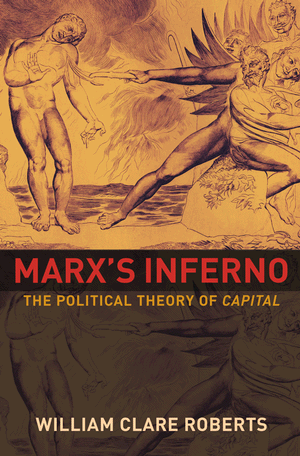The neocon taste for American empire is not the liberal hawk’s belief in the bond between American power and freedom’s progress.In words, he's right. "Taste for American empire" is very different from "belief in the bond between American power and freedom's progress." The latter has more letters, and different letters. Many more 'B's for instance.
And they connote different things. A belief is cognitive, principled. A taste, on the other hand, is irrational, appetitive. But if the liberal hawks are principled and rational, then they should have the courage of their rational beliefs. If they believe that American power is bound to the freedom's progress, then they believe that more American power will further freedom's progress. And if they believe that, and believe freedom to be a good thing (and who doesn't?), then they must desire an expansion of American power. And what is a desire for an expansion of American power if it is not a taste for American empire? Or perhaps Cohen is thinking of something other than American military power? But every example in his article is
an example of American military intervention.
In truth, there is no real difference on foreign policy between liberal hawks and neocons. As Glenn Greenwald has said many times, they are both positions within the "respectable" foreign policy community, which means that they both support US military intervention around the globe, whether America is threatened or not. That is, they both support an imperial American foreign policy.
The neocons are just less afraid of saying what they want than are the liberal hawks. It's not polite to say you have a taste for American empire, so Cohen won't say it. Tastes and desires are unseemly, not appropriate for these sorts of discussions. Liberal hawks are the discrete imperialists, embarrassed by the outbursts of the neocons, but in no substantive disagreement with them.
UPDATE: Ezra Klein gets it juuuuuuussssst right:
Yet years after their sustained dance of personal regard and self involvement helped blind the liberal hawks to the reality of George W. Bush's war, one of them, Roger Cohen, is retreading the same ground, wondering why his continued advocacy for war, (or at least continual attacks on its opponents) is folded into the critiques of the neocons. Here's why: Because Roger Cohen not president, George W. Bush is. And until Roger Cohen's foreign policy vision integrates itself with an understanding of American power, and how ideas interact with the current administration, he is, effectively, a neoconservative, or, worse, an enabler of the neoconservatives who's able to advocate for their policy agenda without needing to answer for its failures.The most important point here is that liberal hawks carry water for neocons in foreign policy, just as the DLC did for the neocons on domestic affairs. They advocate the same policy as the neocons, but claim it is for different reasons. Then the neocons get their way, using the "liberals" as cover. Then the world gets seriously fucked up in some new way. Rinse. Repeat. Liberal hawks are tools, and tools serve those who know how to use them.Cohen may not, personally, think like Bill Kristol. But he certainly writes like him. "Neocon, for many, has become shorthand for neocon-Zionist conspiracy," he says, naming no names, and instead offering a simple, generalized accusation of anti-semitism against all those who question the neoconservatives. "Baghdad is closer to Sarajevo than the left has allowed," he writes, obliterating the difference between a bombing campaign undertaken to end an ongoing genocide and a ground invasion undertaken to unearth weapons that didn't exist, overturn a regime we couldn't replace, and forcibly impose a system of governance that lacked foundations. "MoveOn.org is the Petraeus-insulting face of never-set-foot-in-a-war-zone liberalism," he scoffs, having never, himself, fought in a war, but nevertheless adopting the authority of those who have.
